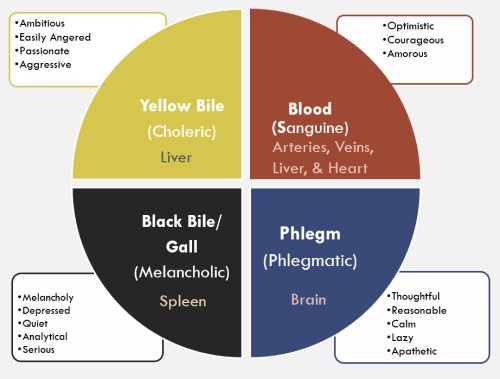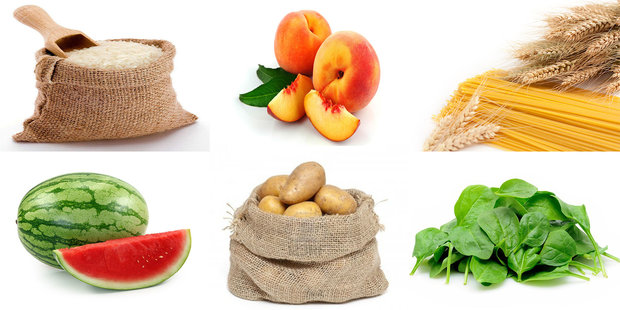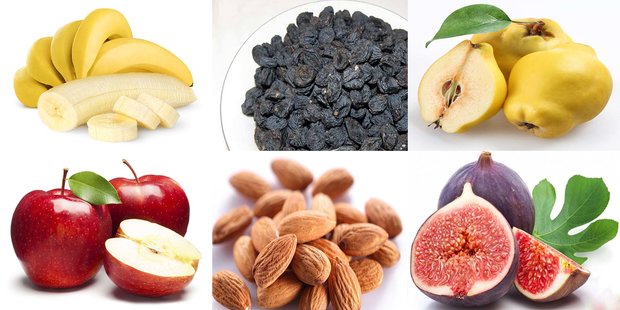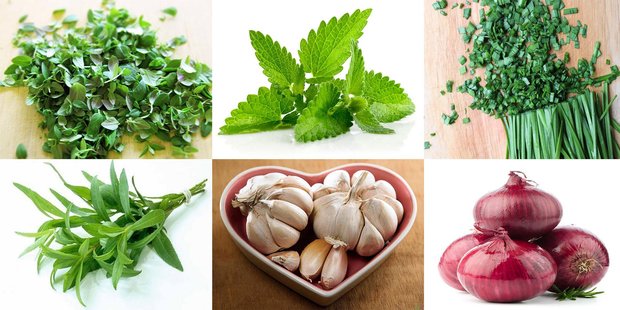Phlegmatic temperament: Specifications and lifestyle
Part 2

TEHRAN — Not only medical conditions but also health-related behaviors are considered personalized in Iranian-Islamic traditional medicine.
For example, a person with warm and dry temper usually prefers cold and wet food and drink rather than one with warm and dry nature. Also, an old man with the age of 70 years compared to a teenage man needs more warm and wet food and drink based on his age-related temper.
According to Iranian traditional medicine, if such personalized considerations are not observed, the basic temperament (Mizaj) would be changed to out of balance; a condition which potentially could threaten the human fitness and health.
In the Iranian-Islamic traditional medicine the excess or lack of warmness and humidity define four essential temperaments of “Warm and Wet (sanguine or Damawiy)”, “Warm and Dry (choleric or Safrawiy)”, “Cold and Dry (melancholic or Saudawiy)” and “Cold and Wet (phlegmatic or Balghamiy)” respectively. The terms in the parentheses refer to four groups of material in the body (called “humors” or 'Akhlat') including blood which is hot and moist, phlegm which is cold and moist, bilious or yellow bile which is hot and dry and atrabilious or black bile which is cold and dry. Words written in italic show original Persian terms in the ancient literature.
People with phlegmatic temperament usually feel cold. They are light, fair and smoothed-complexioned and have fine and glowing skin as well as silky, straight, smooth and thin hair. They are bulky and quickly gain weight and they usually seem swollen. They take their time thinking, speaking and acting. They oversleep and as they get up they feel they haven’t got enough sleep. They tend to have a poorer and shorter memory compared to people of other temperaments. They are endlessly patient and calm. They expel fairly large amount of waste matter (urine, sweat, and feces) but the waste matter don’t have strong color or odor unless waste materials have built up in their bodies. They don't have much strong pulse, neither do they have prominent veins.
Lifestyle tips that suit people with phlegmatic temperament are outlined below.
Lifestyle
Eating food stuff with cold and wet Mizaj is not recommended to people with phlegmatic temperament especially during cold seasons and in cold climate.
In general they had better not to consume watery food such as soup or ash (kind of Iranian soup featuring noodle, beans, and vegetables) and stews. They should also try not to eat too much pasta, potato, and rice which would cause them to gain weight.
They should abstain from dairy products (cheese, yoghurt, or doogh - a savory yogurt-based beverage), sauces, mayonnaise, sour paste or sour food items.

Eating vegetables or fruits with cold Mizaj such as watermelon, cucumber, peach, plum, lettuce, and spinach is of no benefits to them, however, eating sweat fruits such as banana, apple, and quince would be advantageous to them.

Consuming low-volume high calorie food such as salted or roasted almond, pistachio, raisin, and fig is good for them. Taking food stuff such as fig, melon seeds, radish, and thyme that trigger diarrhea or urination which could lessen the wetness in their body and create a feeling of lightness and joy is recommended to this group.

They should cut back on thick food such as barely soup, kalleh pacheh (a dish of boiled cow or sheep's feet and head) and tripe. Instead, eating high calorie and low-volume food such as Kabab Barg (a Persian style barbecued and marinated lamb dish), Kabab Chenjeh (pure meat and very similar to western steaks usually made from the meat of newly slaughtered sheep, when it’s still soft and fresh) egg yolk, and quail.
They had better have mint, chives, tarragon, or mountain vegetables such a thyme or other vegetables grow in local areas as well as onion and garlic with their meals which all have warm Mizaj, suit their temperament and help them fully and easily digest their food.

Adding salt and spices such as pepper, cinnamon, saffron, and ginger into their food is also of benefits to them.
Being in cold and humid places such as bathtub, swimming pool, cold tub, and steam sauna is not good for them, while taking intense exercise such as jogging, running, cycling especially under low sun is recommended to them.
While sleeping they had better use a hard mattress, use blanket, cover their head or sleep near to a heater with their head closer to it.
Sleeping uninterruptedly for long hours would increase wetness in the body so people with phlegmatic temperament had better to get up during the night and then go back to sleep again.
Sleeping during the day especially in autumn and winter is not advised to these people. They should sleep in warmer places relatively stretching the body and soft sports after getting up is beneficial to them. Doing this in the morning would decreases the chances of dizziness, tiredness, puffiness, Post Nasal Discharge (PND) and memory loss.
Wearing perfumes with warm and strong scents as well as wearing clothes with warm colors such as red, yellow and orange is advised to them.
People with cold and wet Mizaj need warmness and blood (which is a very warm substance) in their bodies so they are ill-advised to undergo bloodletting therapies such as wet cupping therapy, phlebotomy and leech therapy. Cupping therapy without taking any blood is all right.
Watching sad, horror and philosophical movies is not appropriate for these people while watching comedies and thrillers which increase the warmness in the body very well suit them.
Seyed Mahdi Mirghazanfari, MD, holds a PhD degree in medical physiology and is an Iranian-Islamic traditional medicine researcher. He is also an assistant professor in AJA University of Medical Sciences, Tehran.
MQ/MG
Leave a Comment